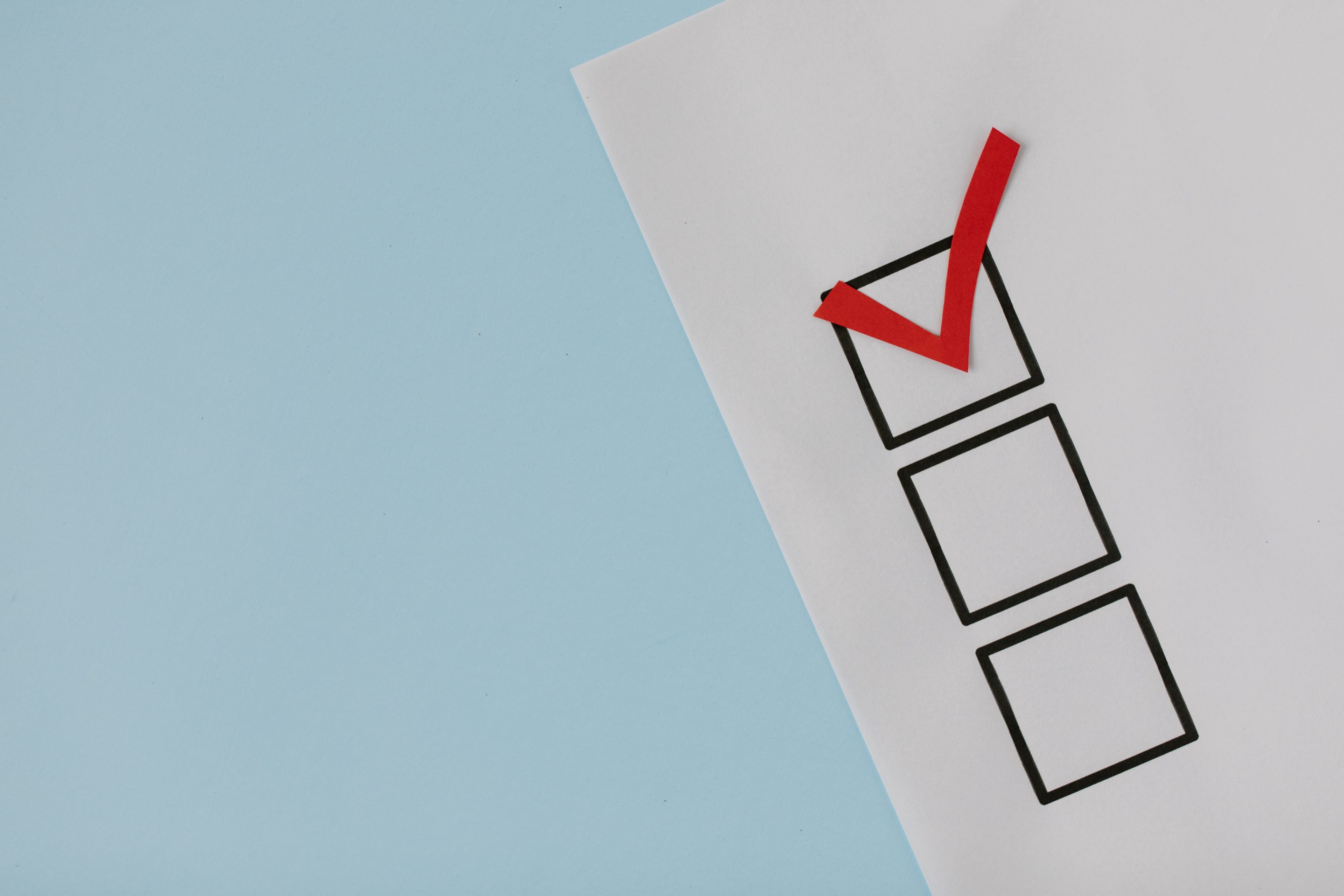I just turned 22, and I should not be allowed to vote.
I agree with Vivek Ramaswamy that the voting age probably should be increased, but the good intentioned policy misses the mark because it does not go far enough. Raising the voting age would be a step in the right direction, but the criterion for voting should not be age, but instead if one owns property in land.
Ramaswamy, a candidate in the 2024 Republican primaries, stated that the voting age should be increased to 25 years of age, granting exceptions to those that serve in the military, work as emergency responders, or pass the naturalization test.
It is easy to decry this as disenfranchisement (it is), but that is precisely why we should be cheering on this proposal. If people under 25 years of age are barred from voting, then the vote of everyone else becomes more valuable. Therefore, a single vote has a higher chance of swinging an election. The relative worthlessness of the single vote is why the public is ignorant about what policies work and what policies don’t; learning what policies are good and which are bad just is not worth the reward. Bottom line: If you increase the effectiveness of an individual vote, people will do more research because there is a higher chance their vote matters.
If raising the voting age can be accomplished, why stop at 25? Raise it to 30, 35, 40…Doing so will only make the marginal vote more impactful, thereby decreasing rational ignorance of the average voter.
Conservatives justifiably worry about how this will influence their popularity, but libertarians can find a lot to get behind in this proposal. Raising the voting age is a good policy for improving democratic outcomes; therefore, libertarians should at least cautiously support this policy, regardless of the potential backlash. In principle, there is nothing ethically wrong with raising the voting age per se, and there are potential benefits in improving the outcome of elections.
Raising the voting age is clearly more beneficial than it may seem; however, I would amend Ramaswamy’s proposal. Simply raising the age may improve democratic outcomes, but it will also disenfranchise those that should not be disenfranchised: property owners under the age of 25.
In conjunction with pushing the voting age as high as possible, I would add the requirement that voters own land. The result? Only property owners are allowed to vote. Furthermore, I would remove the exceptions that Ramaswamy listed, especially the exception for those in the military. As libertarians, we should not encourage enlisting in the military under any circumstance, especially through promising a share in decision-making over other people’s property. The same goes for the exception for first responders and those that pass a naturalization test. Career choice or passing a test is not sufficient for obtaining a right over another’s property, which is essentially what voting is if one does not at least own property themselves.
Only allowing property owners to vote would be more reflective of how a free society would operate. Property owners determine the rules for their properties, and everyone else is in for the ride until they accumulate land of their own. Under such a system, people will be encouraged to obtain property legitimately and rational ignorance will diminish due to the smaller electorate.
To deny property owners the right to vote is to deny them their property rights. The government steals decision-making power away from property owners, and to deny them the right to vote is to also deny them the capacity to reassert their legitimate decision-making power. Of course, this system is not perfect. They will probably vote to expropriate the justly acquired property of others, not just to reassert their authority. But only allowing property owners to vote will exclude others who would have no decision-making power in a free society: the propertyless.
It is important to note that the propertyless could “vote” with their money in a free society, but they lack the ultimate capacity to dispose of property according to their own whim. In a free society, the propertyless must obtain property through homesteading, the voluntary gift, or exchange from someone that already has property. If there is no land left to homestead, the propertyless will be subject to the rulemaking of the propertied groups or individuals. It is partially because of this fact that the propertyless should not have the right to vote because they would be subjected to the propertied class in a free society anyway.
As it stands, Ramaswamy’s policy would be an attack on the rights of some property owners under the age of 25. Of course, people under the age of 25 are unlikely to own property anyway. For example, only 0.8% of U.S. homeowners are below the age of 25, so the negative effects of the proposed change would not be too harmful. Additionally, simply maintaining an age requirement for voting would bestow upon those that do not own property a right to control others.
Disenfranchisement of legitimate voters is an inescapable issue with raising the voting age, but nonetheless the sentiment of the policy proposal should be welcomed. In fact, because of decreasing rational ignorance, it would likely be a net good rather than a net bad. Fortunately, the fact that Ramaswamy is even advocating such a controversial position makes me optimistic that he would be open to amending his position to account for my concerns.
Conservatives reject raising the voting age out of fear of losing political clout, but libertarians should adopt this position out of principle, not concern for popularity.
Raising the voting age with the qualifications I recommend will lead to a more rationally informed populace and make the electorate reflect what it would look like in a free society. Restrict voting as much as possible while allowing property owners to vote.































